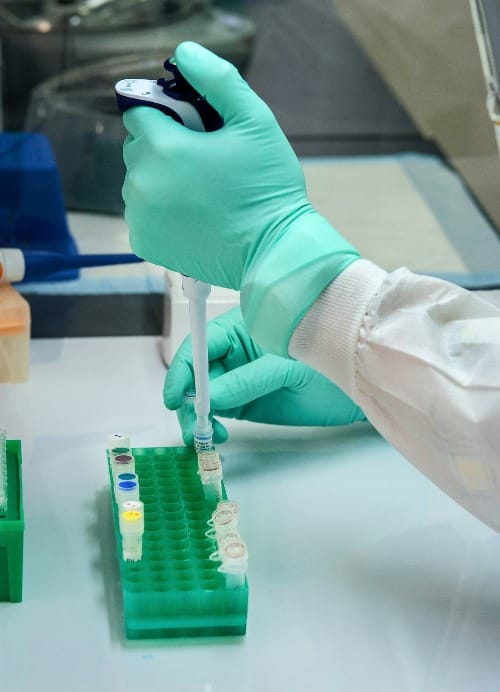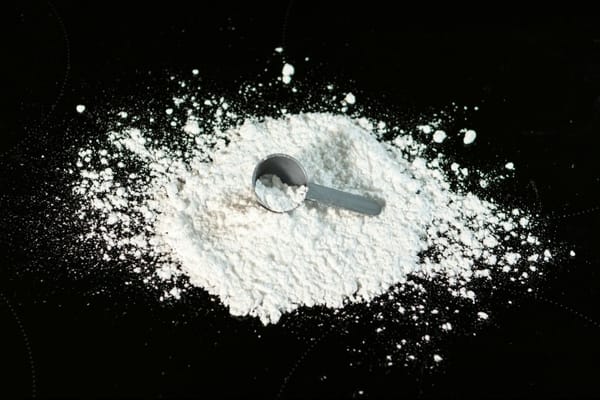Water is essential for life, and ensuring your child drinks enough of it is crucial for their health and well-being. As parents, we often focus on nutrition and exercise, but hydration can sometimes be overlooked. This comprehensive guide will explore the importance of proper hydration for children, signs of dehydration, recommended water intake, and strategies to encourage healthy drinking habits.
The Importance of Hydration for Children
Water plays a vital role in numerous bodily functions, making it indispensable for children's growth and development. Here's why staying hydrated is crucial for your child:
Regulates Body Temperature: Water helps maintain a stable body temperature, which is especially important during physical activities and hot weather[1].
Supports Digestion: Adequate hydration aids in the breakdown and absorption of nutrients from food, ensuring optimal digestion.
Promotes Cognitive Function: Proper hydration is essential for maintaining focus, concentration, and overall cognitive performance in children.
Facilitates Waste Removal: Water helps flush out toxins and waste products from the body, supporting kidney function and preventing constipation.
Maintains Healthy Skin: Hydration is key to keeping skin moisturized and supple, reducing the risk of dryness and irritation.
Supports Physical Performance: Adequate water intake is crucial for muscle function and endurance during physical activities and sports.
Signs of Dehydration in Children
Recognizing the signs of dehydration is crucial for parents to ensure their children's well-being. Here are some common indicators to watch out for:
Thirst: While it may seem obvious, increased thirst is often the first sign of dehydration.
Dry Mouth and Lips: Look for a dry or sticky feeling in the mouth and chapped lips.
Decreased Urine Output: Infrequent urination or dark-colored urine can indicate dehydration.
Fatigue and Irritability: Dehydrated children may become unusually tired, cranky, or lethargic.
Headache: Mild to moderate headaches can be a sign of insufficient fluid intake.
Dry Skin: When pinched, dehydrated skin may take longer to return to its normal position.
Dizziness or Lightheadedness: These symptoms can occur due to a drop in blood volume caused by dehydration.
Rapid Breathing or Heart Rate: In more severe cases, dehydration can lead to increased respiratory and heart rates.
If you notice any of these signs in your child, it's essential to encourage fluid intake and consult a healthcare professional if symptoms persist or worsen.
Recommended Water Intake for Children
Determining the right amount of water for your child can be challenging, as needs vary based on factors such as age, activity level, and climate. However, general guidelines can help ensure adequate hydration:
Infants (0-6 months): Breast milk or formula provides sufficient hydration. Additional water is not typically necessary.
Infants (6-12 months): In addition to breast milk or formula, 4-8 ounces of water per day can be introduced.
Toddlers (1-3 years): Aim for about 4 cups (32 ounces) of fluids per day, including water and other beverages.
Children (4-8 years): Approximately 5 cups (40 ounces) of fluids daily is recommended.
Older Children (9-13 years): Girls should consume about 7 cups (56 ounces) and boys about 8 cups (64 ounces) of fluids daily.
Teenagers (14-18 years): Girls should aim for about 8 cups (64 ounces) and boys about 11 cups (88 ounces) of fluids daily.
It's important to note that these are general guidelines, and individual needs may vary. Factors such as physical activity, temperature, and overall health should be considered when determining your child's hydration needs.
Strategies to Encourage Water Consumption
Getting children to drink enough water can sometimes be challenging. Here are some effective strategies to promote healthy hydration habits:
Make Water Easily Accessible: Keep water bottles or cups within reach and encourage regular sipping throughout the day.
Lead by Example: Children often mimic their parents' behaviors, so make sure you're drinking water regularly too.
Flavor Water Naturally: Add slices of fruit like lemon, lime, or berries to make water more appealing.
Use Fun Containers: Let your child choose a special water bottle or cup with their favorite characters or colors.
Set Reminders: Use alarms or apps to remind your child to drink water at regular intervals.
Offer Water-Rich Foods: Incorporate fruits and vegetables with high water content, such as watermelon, cucumbers, and oranges, into their diet.
Create Water-Drinking Games: Make hydration fun by turning it into a game or challenge.
Limit Sugary Drinks: Reduce the availability of sugary beverages, which can decrease water intake.
Educate About Hydration: Teach your child about the importance of staying hydrated and its benefits for their body.
Hydration During Physical Activity
Children who participate in sports or engage in regular physical activity require additional fluid intake to compensate for water loss through sweat. Here are some guidelines for hydration during exercise:
Before Activity: Encourage your child to drink water about 30 minutes before starting physical activity.
During Activity: For activities lasting less than an hour, water is usually sufficient. For longer or more intense activities, sports drinks containing electrolytes may be beneficial.
After Activity: Ensure your child rehydrates properly after exercise, aiming to replace any fluids lost through sweat.
Monitor Urine Color: Teach your child to check their urine color – pale yellow indicates good hydration, while dark yellow suggests a need for more fluids.
The Role of Other Beverages in Hydration
While water is the best choice for hydration, other beverages can contribute to your child's daily fluid intake:
Milk: A good source of hydration and essential nutrients, milk can be part of a balanced hydration plan.
100% Fruit Juices: While they contain natural sugars, small amounts of 100% fruit juices can contribute to hydration. However, they should be limited due to their high sugar content.
Herbal Teas: Caffeine-free herbal teas can be a flavorful way to increase fluid intake, especially when served cool.
Sports Drinks: These are generally unnecessary for routine activities but can be beneficial during prolonged, intense exercise.
Avoid Sugary and Caffeinated Drinks: Sodas, energy drinks, and other sugary beverages should be limited as they can contribute to dehydration and other health issues.
Hydration in Different Climates and Seasons
The environment plays a significant role in your child's hydration needs:
Hot Weather: Increase fluid intake during summer months or in hot climates to compensate for increased sweating.
Cold Weather: Don't forget about hydration in winter – indoor heating can be drying, and cold air can mask thirst signals.
High Altitudes: Higher elevations can increase fluid loss through respiration and urination, necessitating increased water intake.
Humid Environments: While sweat doesn't evaporate as quickly in humid conditions, the body still loses fluids and needs replenishment.
Special Considerations for Hydration
Certain situations may require extra attention to your child's hydration:
Illness: Fever, vomiting, and diarrhea can lead to rapid fluid loss. Increase fluid intake and consider oral rehydration solutions if recommended by a healthcare provider.
Air Travel: The low humidity in airplane cabins can lead to dehydration. Encourage your child to drink water before and during flights.
Certain Medical Conditions: Some health conditions may affect hydration needs or fluid retention. Consult with your child's healthcare provider for personalized advice.
Medications: Some medications can affect hydration status. Be aware of any potential side effects and adjust fluid intake accordingly.
The Impact of Proper Hydration on Overall Health
Maintaining adequate hydration has numerous benefits for your child's overall health and well-being:
Improved Physical Performance: Proper hydration enhances endurance, strength, and overall athletic performance.
Better Cognitive Function: Staying hydrated supports memory, attention span, and problem-solving skills.
Enhanced Mood: Dehydration can negatively affect mood, while proper hydration may help reduce irritability and improve overall emotional well-being.
Healthier Skin: Adequate water intake helps maintain skin elasticity and can reduce the risk of certain skin conditions.
Supports Immune Function: Proper hydration is essential for a well-functioning immune system, helping the body fight off infections.
Promotes Healthy Weight: Sometimes thirst can be mistaken for hunger. Encouraging water intake can help prevent unnecessary snacking and support healthy weight management.
Conclusion
Ensuring your child drinks enough water is a crucial aspect of their overall health and well-being. By understanding the importance of hydration, recognizing signs of dehydration, and implementing strategies to encourage water consumption, you can help your child develop healthy hydration habits that will benefit them throughout their life. Remember, every child's needs are unique, so it's essential to consult with your pediatrician for personalized advice on your child's hydration requirements. By making hydration a priority, you're investing in your child's health, cognitive function, and physical performance, setting them up for a healthier, more energetic future.
Citations:
[1] https://healthcare.utah.edu/healthfeed/2024/07/your-child-drinking-enough-water.














Member discussion